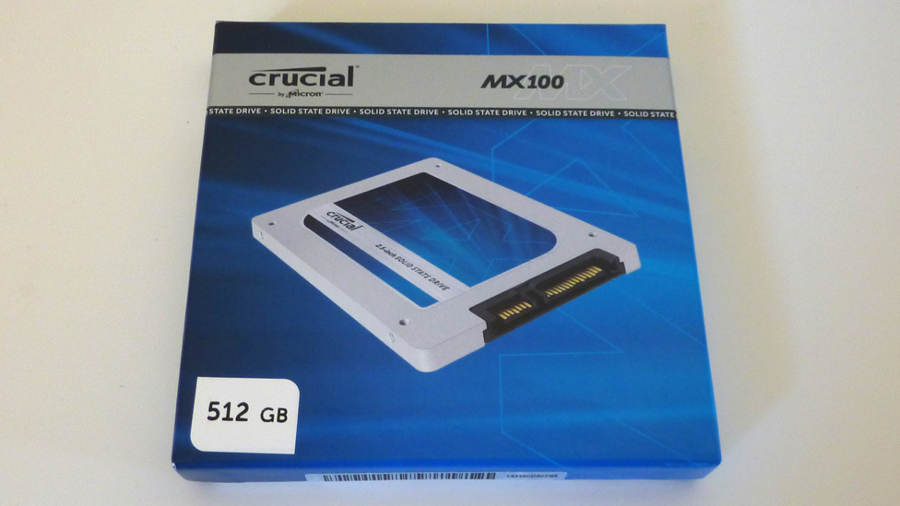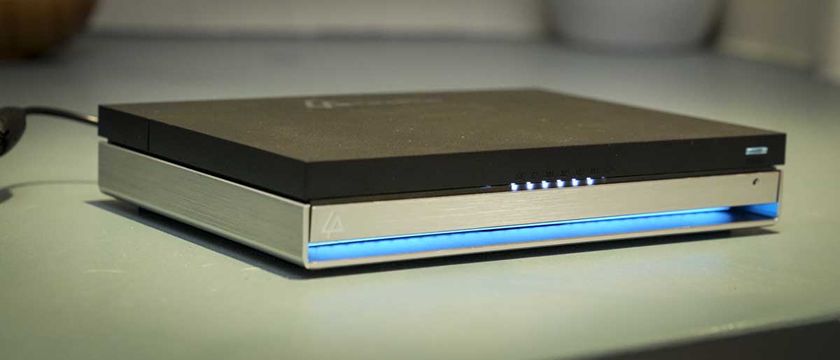TechRadar Verdict
The MX100 is excellent. It performs well, it offers plenty of storage and most important of all, it's affordable.
Pros
- +
Affordable
- +
Good all-round performance
- +
Acronis True HD is a nice bonus
Cons
- -
Doesn't quite beat the top-end SSDs on the market
- -
No 1TB version available
- -
SSD lifespan good, but again, not the best around
Why you can trust TechRadar
Crucial is a well-established player in the SSD market, way back since its RealSSD models in 2010. The market is a lot more crowded now than it was back then though, with every man and his dog eager to jump on the flash memory bandwagon.
So with the MX100, Crucial hopes it can make serious waves with a very aggressive stance on pricing, undercutting just about every other brand, and even its own M500 and M550 SSDs. As of writing the MX100 is priced at £159 (around US$255, AU$290) for the 512GB model, with cheaper 256GB (£83) and 128GB (£56) capacities available as well.
Given the rapid pace of change in the storage and memory markets, these prices may seem ludicrously high a few years from now, but currently they're considerably less than other firms are asking. Shop around and you'll find them for even less from some online retailers.
But are these low prices the result of some serious corner cutting? It seems not. Quoted specifications for the largest 512GB capacity model, which we're testing for this review, are 85,000 IOPS, 550 MB/s sequential read speeds, and 500 MB/s write speeds. This is competitive with the top SSDs on the market, so the MX100 looks like it's a winner, on paper at least.
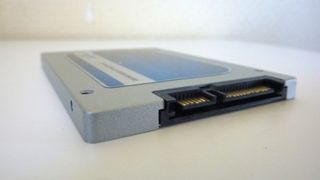
Crucial distinction
As with many other familiar tech brands, Crucial is a subdivision of a much bigger company, namely Micron, which also owns Lexar. Micron is one of the few companies that manufactures flash memory chips, with a number of other SSD firms listed as its clients, including Intel.
The MX100 is based on 16nm 128Gbit 2-bit MLC cells, a new milestone for consumer flash memory, when the majority of other firms are using 19nm flash. This smaller size should bring plenty of benefits, not the least of which are lower costs and reduced power consumption.
Crucial has stuck with the same Marvell controller it used in the M550, Marvell's 88SS9189, which offers a few specific functions, such as support for DEVSLP, an extremely low power state.
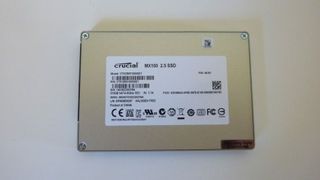
Plain Jane
The MX100 looks as plain as it gets – it's a simple aluminium case with a Crucial sticker on it. The drive is 7mm high, which ensures it will fit into just about any laptop. Unusually, the sticker faces downwards, which is worth remembering when you're lining up the SATA and power cables.
As with all modern SSDs, the drive needs to be connected to a 6Gb/s SATA port on your motherboard. It supports TRIM, and according to the specification, has 256-bit SED drive encryption, and also supports the useful Secure Erase command which will wipe the drive and restore factory performance.
Inside the box, Crucial offers a free copy of Acronis True HD, provided as a download link, with a 16-digit activation key.
Price matters
Before I get to the test results, let's have another look at the pricing. At £159, the 512GB model works out as 31p per gigabyte, while the 256GB model works out as 32p per gigabyte and the 128GB capacity as almost 44p per gigabyte. 512GB is definitely the sweet spot in terms of pricing then, but it's also a better capacity for performance as well.
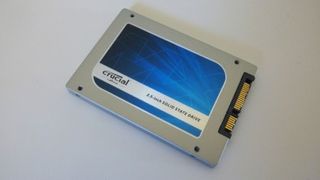
While the 512GB model is rated for 500GB/s write speeds, the 256GB and 128GB capacities are quoted as being much slower, at 333MB/s and 150MB/s respectively, with lower IOPS too.
This is generally expected. SSD controllers read and write to flash cells in parallel stripes, in a way that's not unlike RAID. The more cells there are, the more synchronous accesses can occur at once.
Both the 256GB and 512GB models (data wasn't available for the 128GB version) are quoted as capable of a lifetime 72TB of writes. This figure works out as almost 65GB a day over three years, which covers the warranty period, or 40GB a day for five years. With the exception of Samsung's 850 Pro, which benefits from a 3D flash arrangement, with much improved longevity, this is fairly competitive with other SSDs.










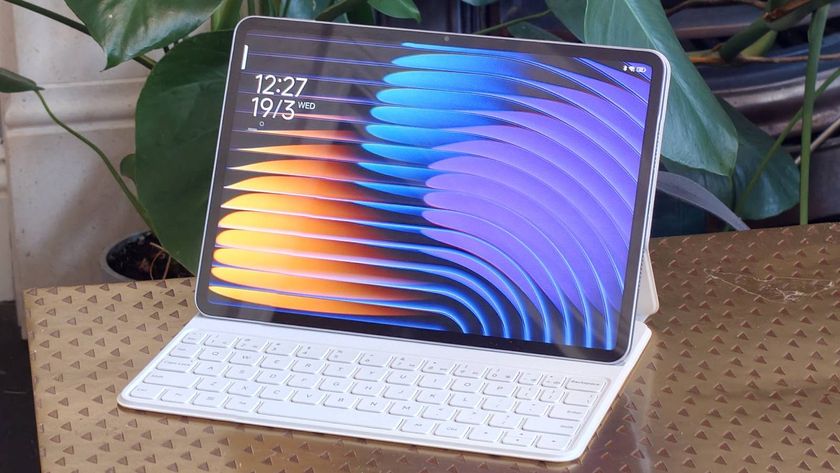

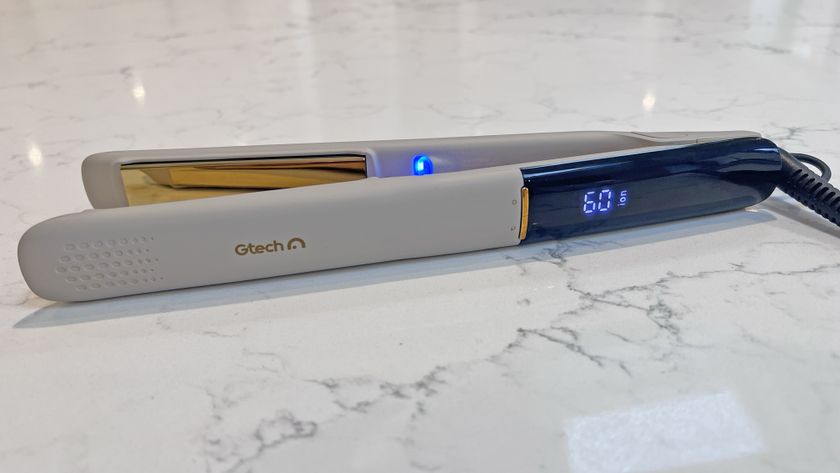
I tested Gtech's first ever straightener, and it's a promising start from the vacuum king
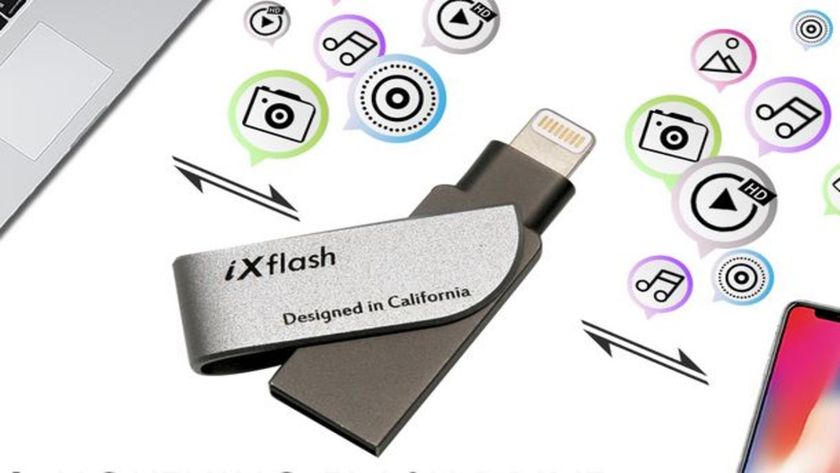
This tiny 2TB USB Flash drive can both charge and backup your iPhone at the same time

One of the largest laptop manufacturers releases concept pictures of Adapt X, a modular laptop in the same vein as Framework
